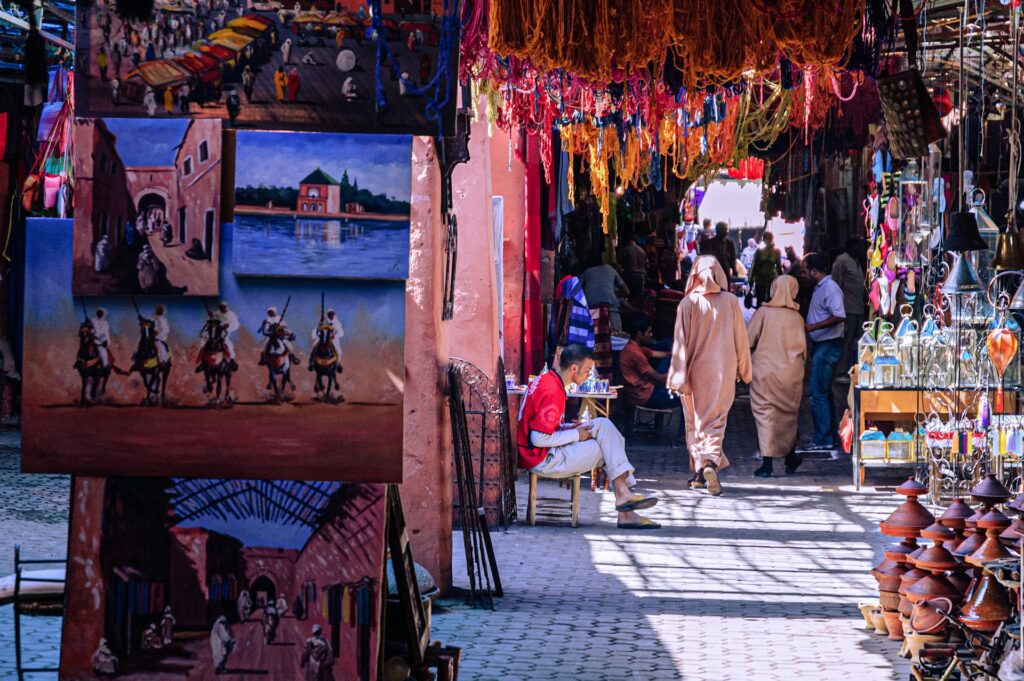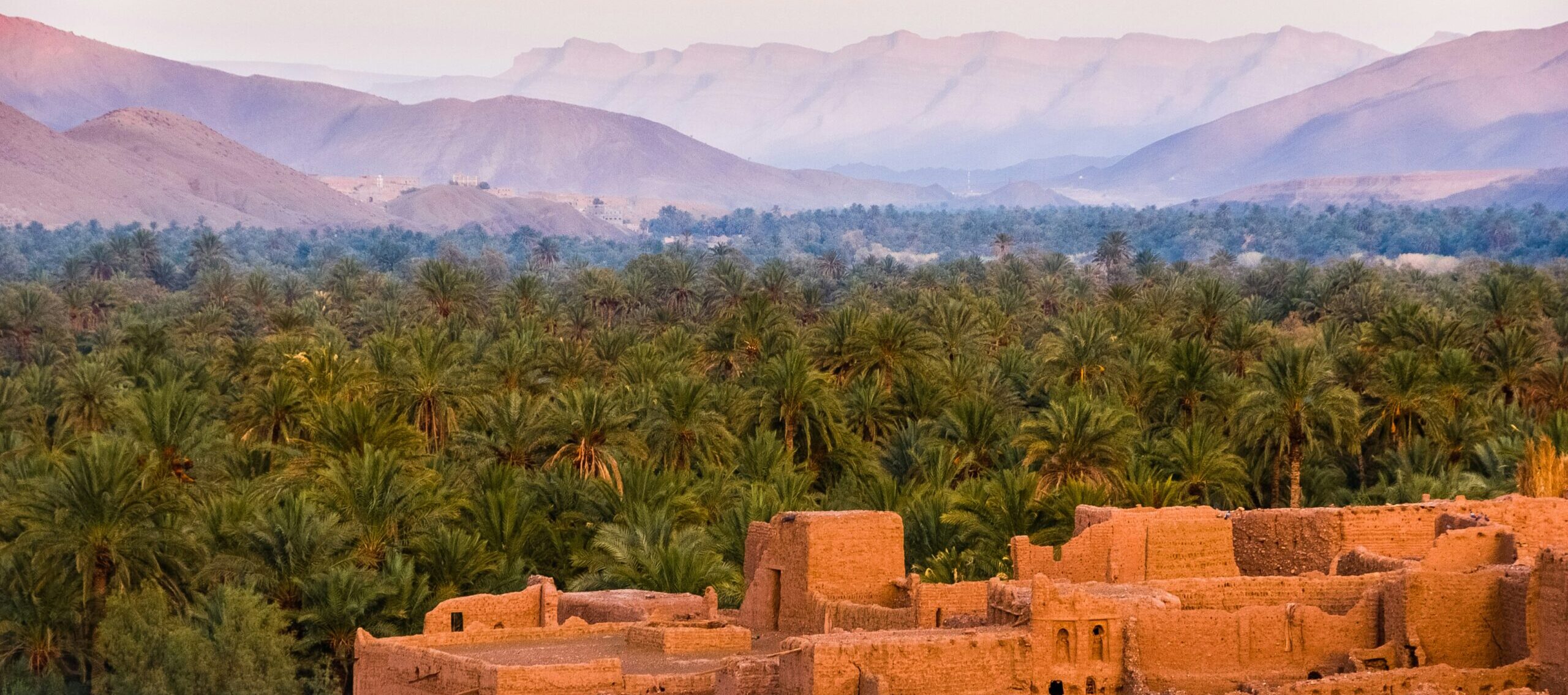General information
Morocco, with its vibrant cities, sprawling deserts, and towering mountains, offers travelers a sensory feast of sights, sounds, and tastes. From the labyrinthine streets of Marrakech’s medinas to the golden dunes of the Sahara, Morocco is a country where ancient traditions meet the beauty of nature. Whether you’re sipping mint tea in a bustling souk or exploring the majestic Atlas Mountains, Morocco invites you to experience its timeless charm and warmth.

Casablanca
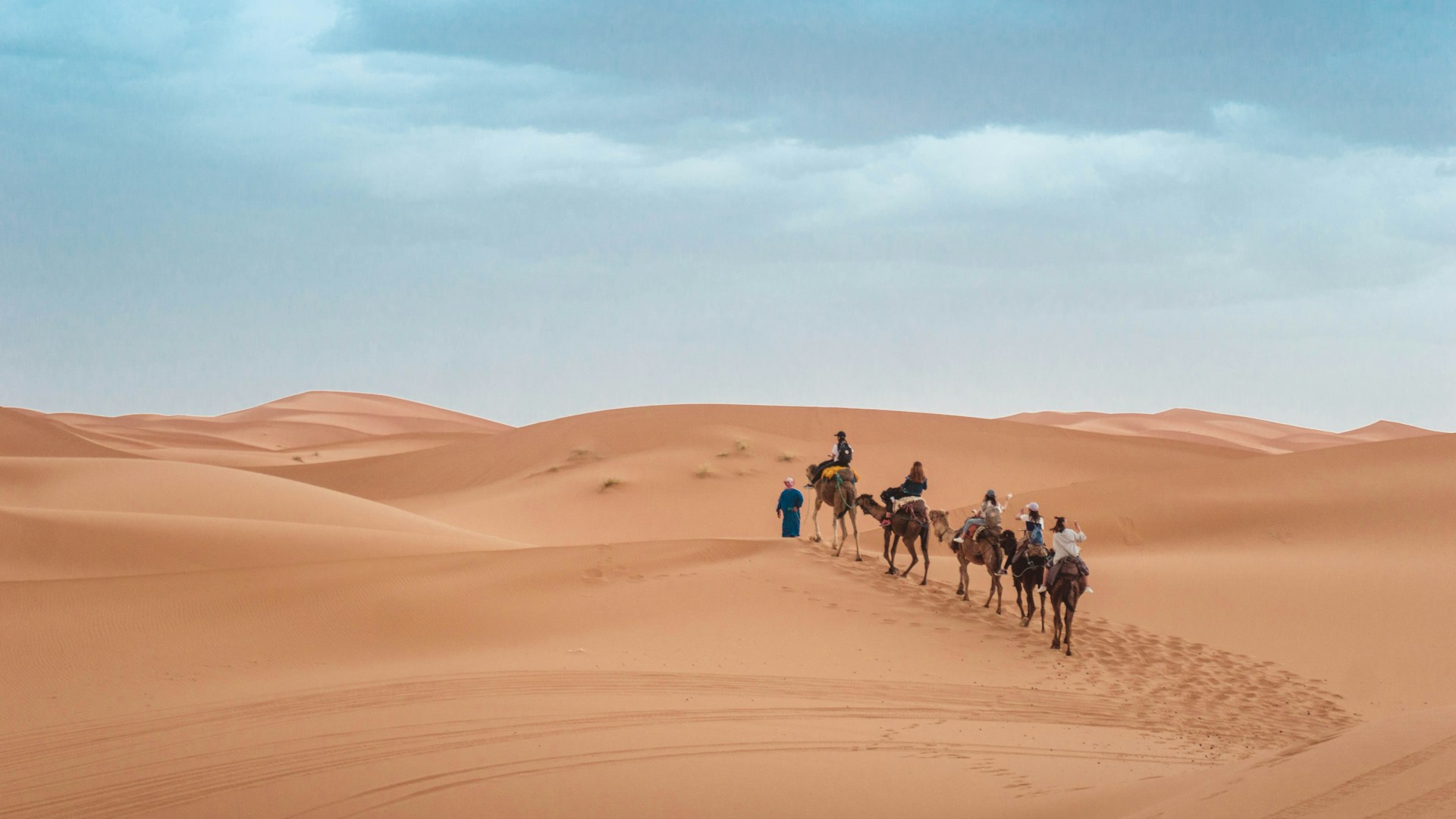
Sahara
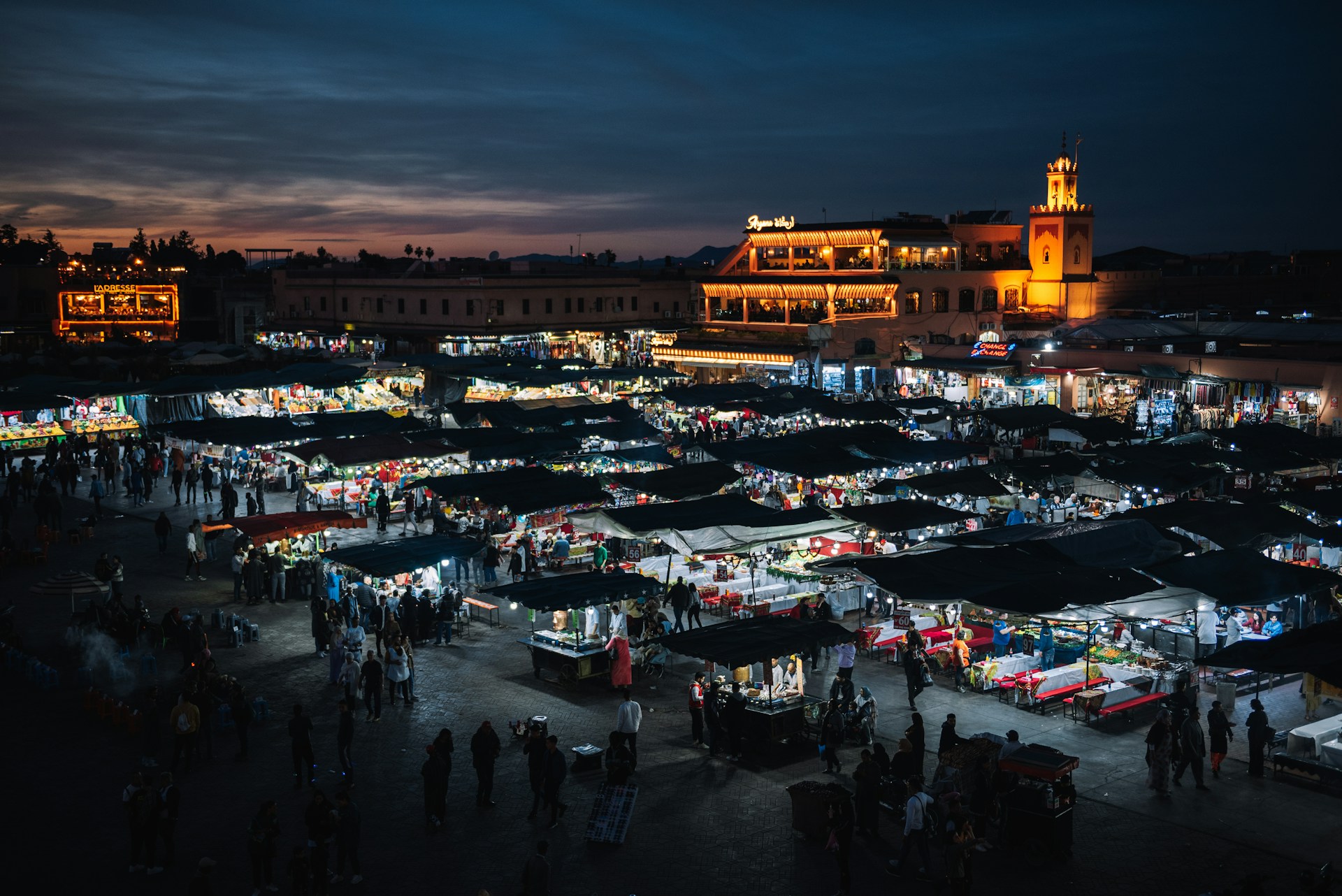
Marrakesh
Trending posts
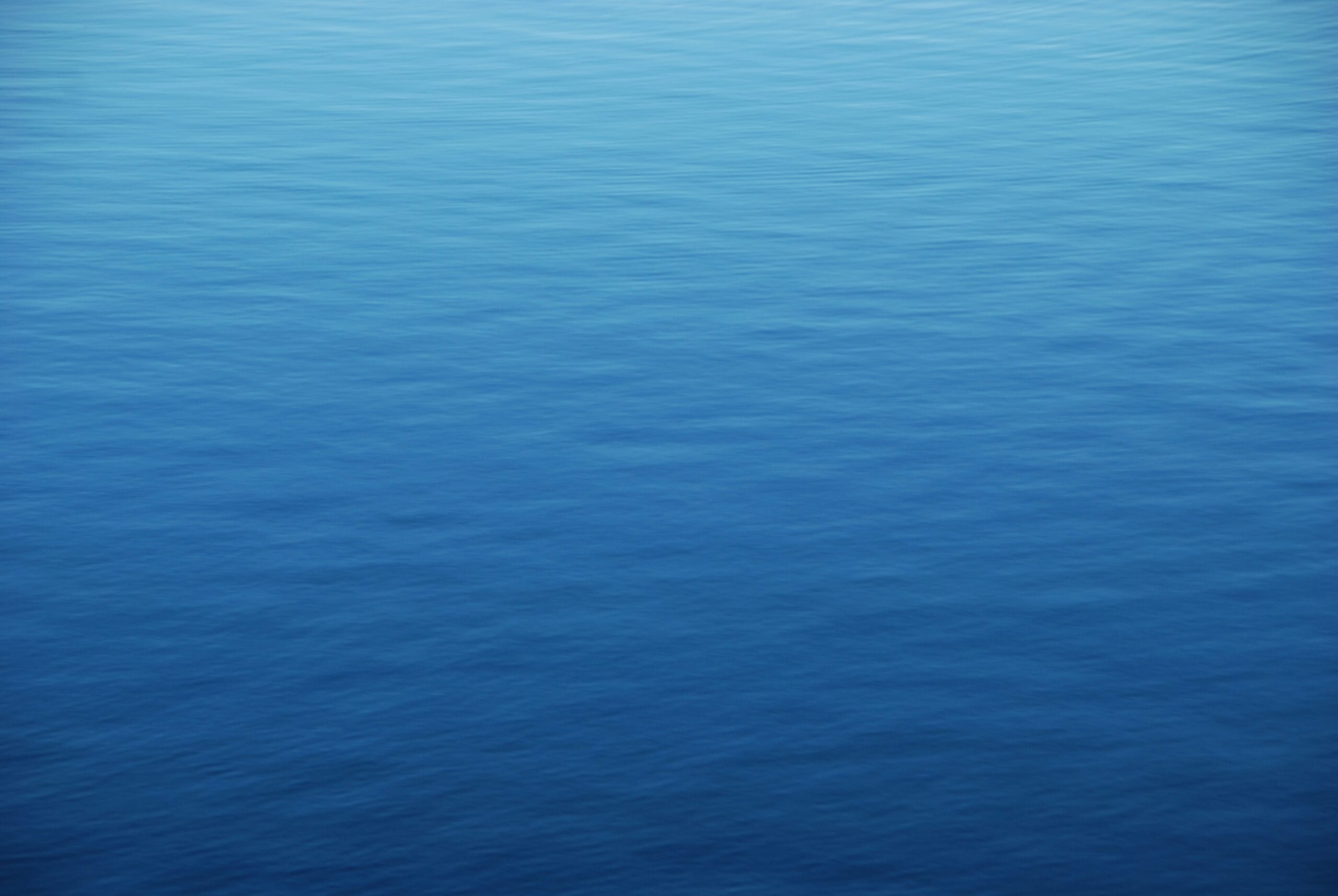
Fun fact
Morocco is home to the world’s oldest university still in operation. The University of al-Qarawiyyin in Fes was founded in 859 AD and continues to be a center of Islamic learning. It’s a UNESCO World Heritage Site and a symbol of Morocco’s long history of education and culture.
Preparations
Before heading to Morocco, it’s essential to make sure you’re well-prepared. Here’s what you need to know:
For many travelers, Morocco does not require a visa for stays of up to 90 days, particularly for visitors from the U.S., EU, and several other countries. However, it’s always best to verify visa requirements before your trip.
Currency Exchange: Morocco operates primarily as a cash-based economy, so it’s important to have some Moroccan Dirham (MAD) on hand. ATMs are widely available in major cities, but it’s advisable to carry cash when traveling to rural areas or souks.
Sustainability
Morocco has invested heavily in renewable energy, with the Noor Solar Plant in the Sahara Desert being one of the world’s largest solar farms. As a traveler, you can support this green initiative by staying at eco-friendly riads that use solar energy for heating and electricity.
Additionally, opting for local, sustainably sourced products in traditional souks reduces your environmental impact and helps preserve Morocco’s cultural heritage while minimizing transport-related emissions.
Good to know
Local Markets (Souks): Bargaining is expected in Moroccan markets, or souks. Be prepared to negotiate prices, especially for handmade goods like rugs and spices.
Dress Code: While Morocco is a fairly liberal country, modest clothing is recommended, especially for women. In cities like Marrakech, it’s common to see a mix of traditional and modern attire.
Language: While Arabic and Berber are the official languages, French is widely spoken, especially in business and tourist areas.
